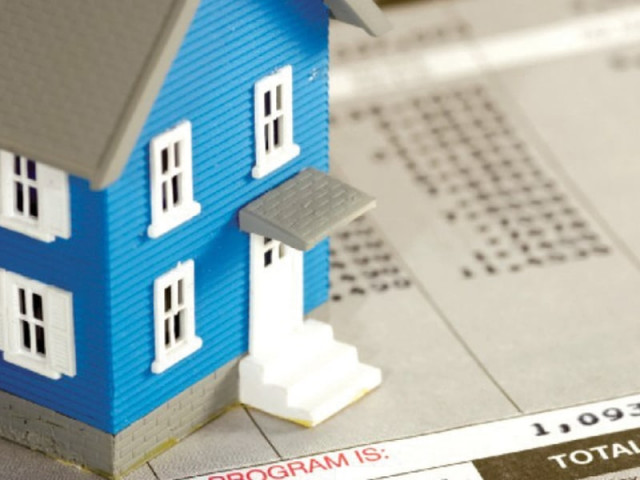Ownership of homes: World Bank approves $145 million to expand mortgage loans
Project will spur development of housing mortgage market and make finance affordable

PHOTO: CREATIVE COMMONS
The Pakistan housing finance project (PHFP) will support Pakistan Mortgage Refinance Company (PMRC) in expanding mortgage loans, which will help in building capacity for housing policy, directed towards increasing availability of mortgage financing for households.“Nearly a third of the country’s population does not own homes and this pressure is rising with the rising demand,” said a statement issued by the World Bank.
The project will spur the development of housing mortgage market and make housing finance affordable and reachable for many Pakistanis, said World Bank Country Director for Pakistan Illango Patchamuthu.
The beneficiaries will include women and low-income groups through improved incentives for ecofriendly homes, he added. The project adopts an innovative approach, including crowding in commercial financing, for home ownership and providing greater incentives for women to become home owners.
It also incentivises people to build energy-efficient and green homes and adopt climate and disaster-resilient construction designs and material.
Pakistan’s mortgage finance to gross domestic product (GDP) ratio of 0.25% is extremely low compared to 3.4%, the average in South Asia, said World Bank senior financial sector economist Korotoumou Ouattara. This ratio is 3% in Bangladesh and 11% in India.
Overall, the access to financial services also remains limited in Pakistan with less than 20% of adults having access to a formal account, leading to a limited role of the financial sector in contributing to sustained and inclusive growth and dealing with the increasing housing shortage.
Banks in Pakistan are also tilted towards the federal government, which is the single largest borrower, due to the growing budget deficit.
The World Bank said estimated housing shortage in Pakistan is up to 10 million units, of which about 40% occurs in urban areas. Over the next 20 years, annual increase in urban population is expected to be about 2.3 million per year, it added.
A decline in the family size and increased household formation rates are expected to further increase the demand for housing. The gap continues to increase by roughly 350,000 units per year as new housing production falls short of the household formation and as existing housing units become obsolete.
The quantitative housing shortage is exacerbated by qualitative deficits such as overcrowding, low quality and continuous deterioration.
Around 47% of urban households live in substandard housing, often located in informal settlements called ‘Katchi Abadis’, which lack basic urban infrastructure and have poor health conditions. Existing housing stock is also extremely overcrowded, according to the global lender.
The PML-N government is also struggling to increase overall investment in the country. After registering a strong growth of 13% in 2015, the investment-to-GDP ratio grew marginally to 15.8% in fiscal year 2017.
Pakistan’s much lower rate of investment, compared with an average of 34% in South Asia, is driven by its security situation, energy shortages and poor business regulatory environment, said the World Bank.
Pakistan also has very low levels of financial intermediation, which contributes to this situation and hinders its progress towards more inclusive and higher growth. In 2016, assets in the financial sector stood at about 69% of GDP, below that of other relevant emerging markets.
In 2016, the government had created PMRC, a mortgage refinancing facility. Sporadic progress is being made on the title issues and strengthening of the property registration system, for example, through the ongoing land record management information system (LRMIS) project in Punjab and computerisation efforts in Karachi, said the lender.
Published in The Express Tribune, March 31st, 2018.
Like Business on Facebook, follow @TribuneBiz on Twitter to stay informed and join in the conversation.



















COMMENTS
Comments are moderated and generally will be posted if they are on-topic and not abusive.
For more information, please see our Comments FAQ